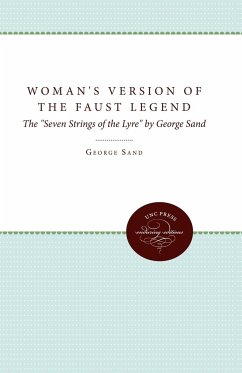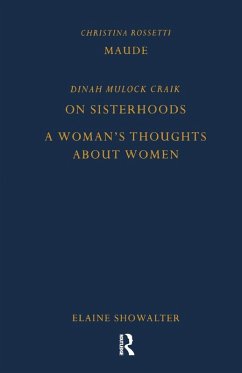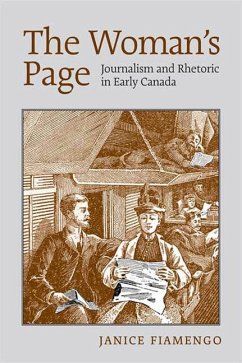Julius Vogel was a prominent figure in the 19th century, not only for his role in New Zealand's political history as the country's eighth Premier, but also as an author whose literary work reflected his forward-thinking and progressive views. Born on February 24, 1835, in London, England, Vogel emigrated to New Zealand where he became actively involved in politics and media. His tenure in government was marked by significant development policies, including ambitious public works and immigration schemes. Vogel's visionary thoughts extended to his literature as well, with his most famous work, 'Anno Domini 2000; or, Woman's Destiny' published in 1889. This novel is often regarded as one of the earliest examples of speculative fiction from New Zealand, and it stands out for its utopian predictions about the 21st century, particularly relating to women's rights and social status. In his writing, Vogel imagined a world where women achieved equality and held positions of power, reflecting his advocacy for women's suffrage. His use of fiction to depict political and social ideas illustrates the multidimensional aspects of Vogel's career and intellect. Despite the rich tapestry of his life, his achievements in literature largely remain a footnote compared to his political legacy. Vogel passed away on March 12, 1899, in East Molesey, Surrey, England, leaving behind a legacy of leadership and literature that continues to inspire discussions on progress and gender equality.
















